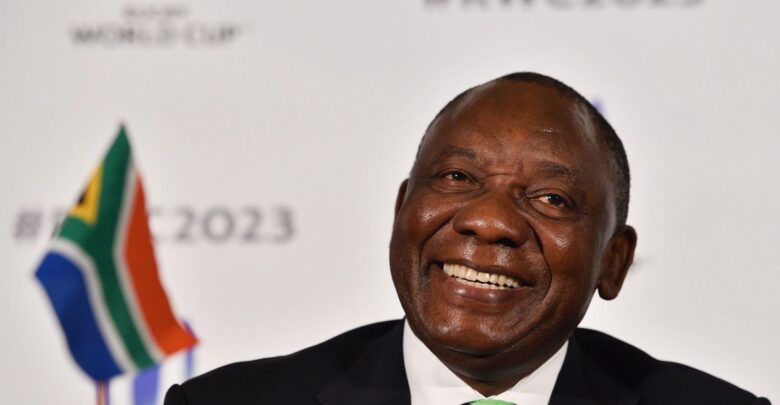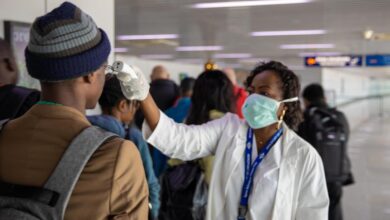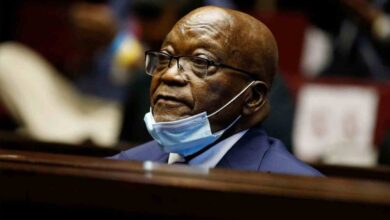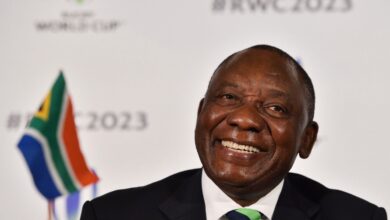South Africa
South African President Cyril Ramaphosa Announces Vaccine Passport Plans

South African President Cyril Ramaphosa on Sunday announced plans to introduce a COVID-19 vaccine passport in the country, reported CNN.
In a televised address to the nation, Ramaphosa said that an immunized adult population was crucial for fully reopening the country’s economy and avoiding a fourth infection wave.
The South African president said the government will be providing further information on an approach to vaccine passports in the next two weeks. He said the vaccine passports can be used as vaccination evidence.
He said there has been a sustained decline in the number of infections over the last few weeks and so the government has decided to ease some confinement measures from Monday.
The timing of the night curfew has been reduced. The curfew will now start at 11:00 pm instead of 10, and the limit on indoor and outdoor gatherings has been increased. Restrictions on the sale of alcohol will also be relaxed, although face masks remain mandatory in public.
Ramaphosa said South Africa has passed the peak of a third coronavirus wave driven by the Delta coronavirus variant. He informed that the average number of daily new infections was reported 29 percent lower during the past seven days as compared to the previous week, and 48 percent lower than the week before that.
The South African president said the government’s most urgent task is to vaccinate the entire population against the coronavirus, noting that vaccine supplies were no longer a constraint.
He warned that if more and more people are not vaccinated then there will be a greater chance of new and more dangerous variants emerging.
Notably, only over seven million South Africans have been fully vaccinated to date. More than a quarter of all adults have got at least one dose. The government is planning to inoculate 40 million people, around two-thirds of the country’s population, by March 2022.






